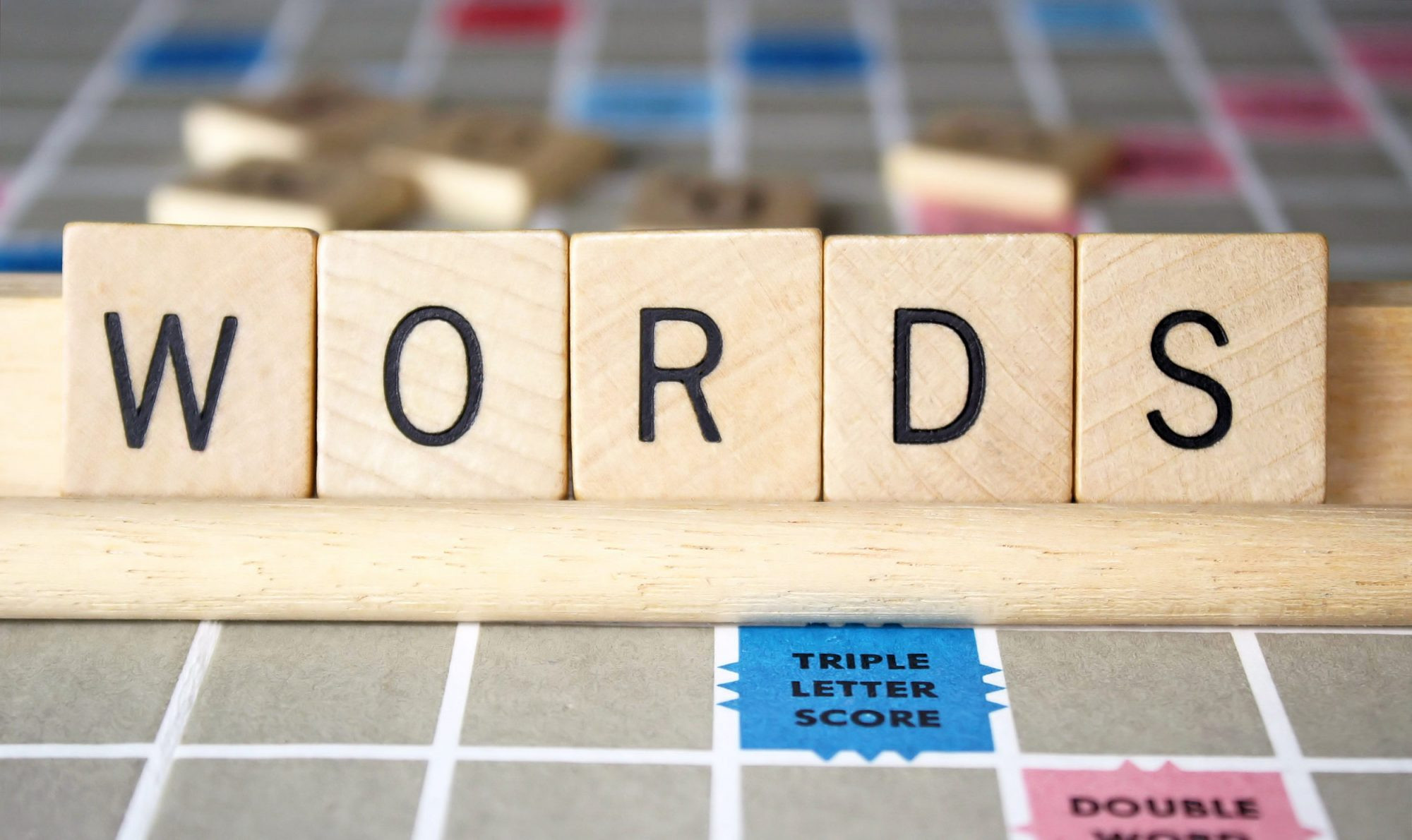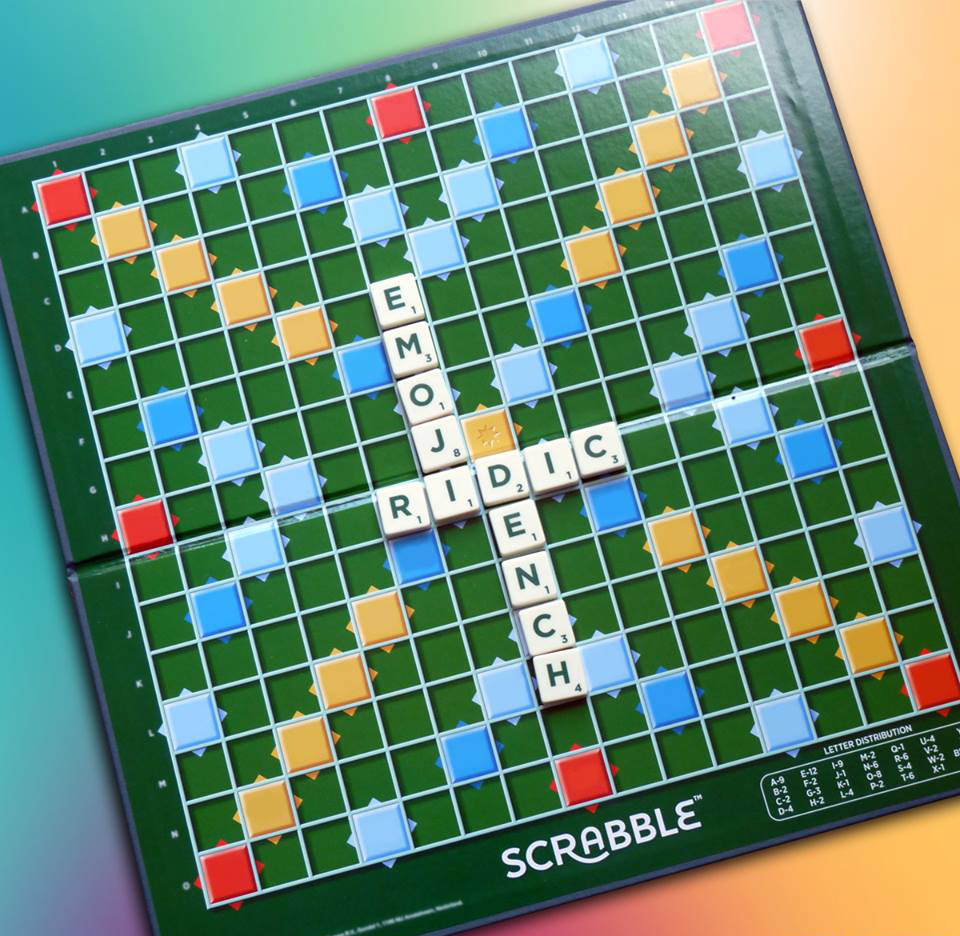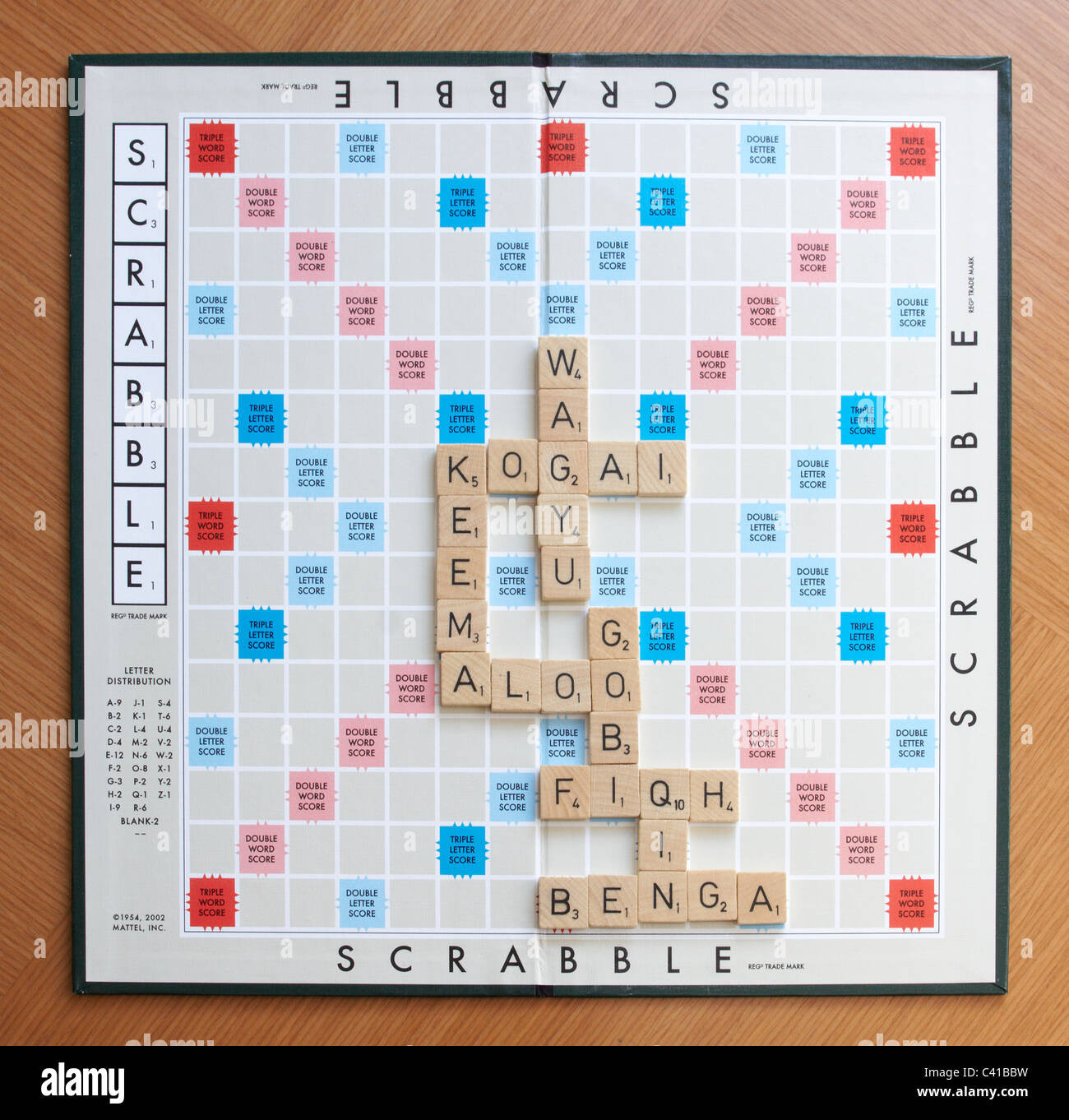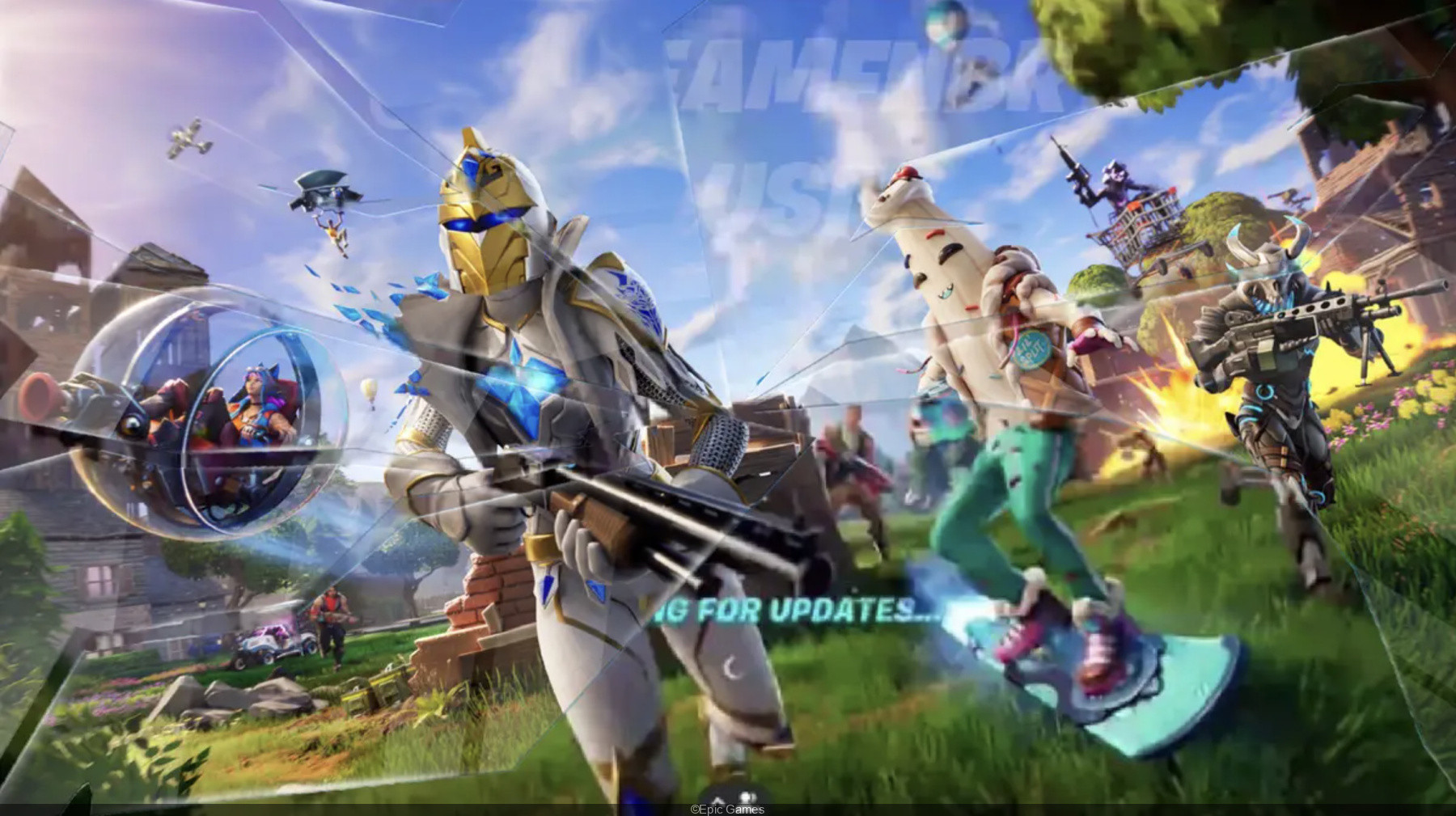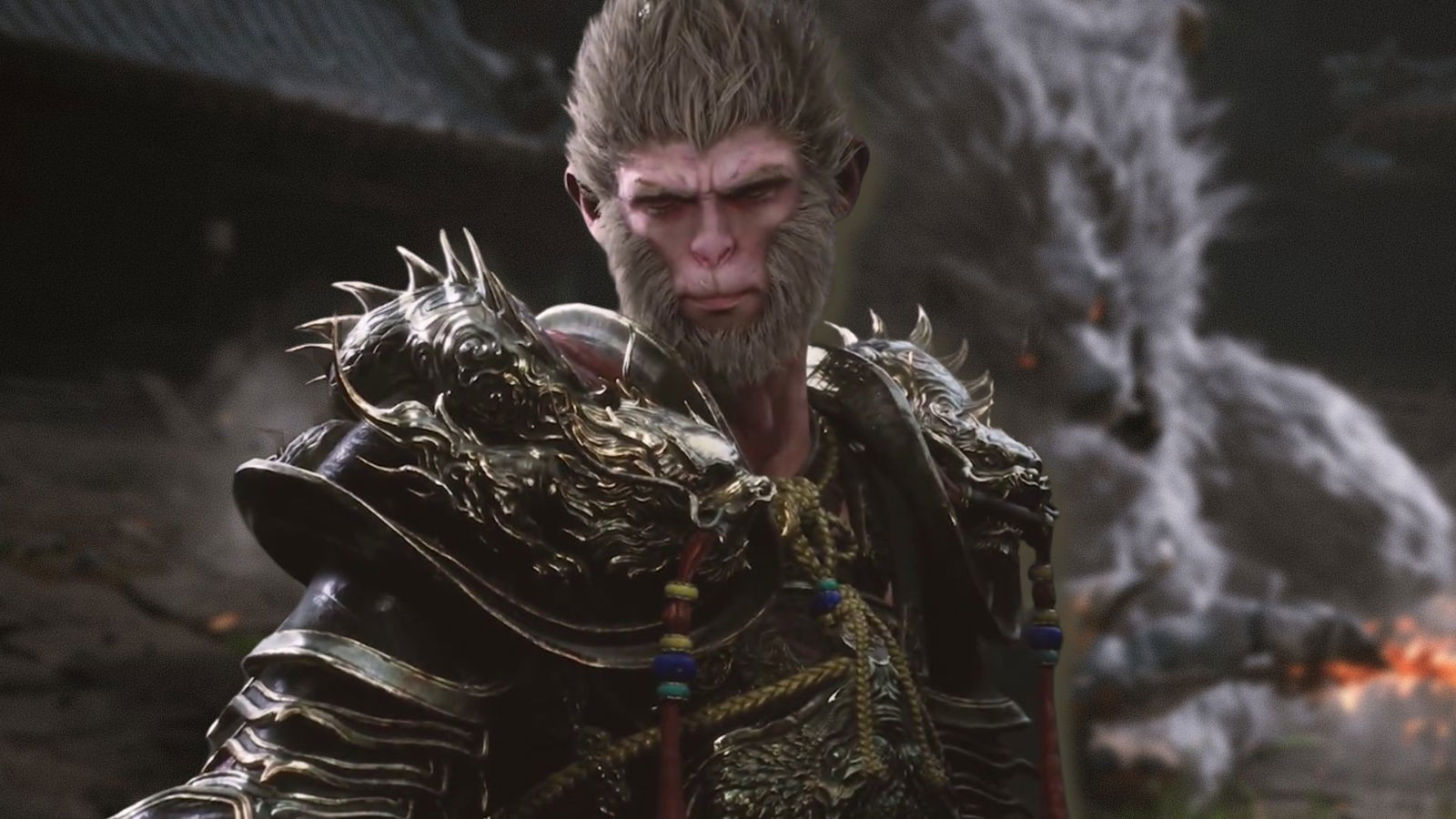Millennial wordsmiths could soon be stumped with the updated Scrabble dictionary as modern Gen Z lingo becomes permissible to use in the board game.
In the first major update in four years, Collins — the makers of the Scrabble dictionary — have added 2,000 new words to the game’s lexicon, including terminology commonly used by the younger generations that could drum up controversy at your next game night.
Modern Slang Takes Center Stage
Among the new words, which can be used in club and tournament play beginning Jan. 1, are “yeet”; “nibling,” a gender-neutral term for nieces and nephews; “floof”; and “grammable,” as in something fitting for Instagram.
A Touch of Boujee and More
Iterations of “boujee” — “boujier,” “boujiest,” “bougie,” “bougier” and “bougiest” — are also included in the new set of words, as are “amirite” — as in, “am I right?” — and “bacne,” a combination of “back acne.”
Enthusiasm and Challenges Await
“For Scrabble enthusiasts, a new edition of Collins Scrabble Words is like Christmas morning,” Chris Lipe, a chairperson of the World English-Language Scrabble Players Association (WESPA), said in a statement.
“New words mean exciting new challenges and new opportunities at every turn.”
Expanding Beyond Gen Z
Other new words beyond the Gen Z scope include commonly used words in everyday vernacular that have emerged in recent years or were never included despite their popularity, like “covid,” “anyhoo,” “headbutt,” “thingie” and “autofill.”
From Three-Letter Gems to High-Scorers
“From three-letter gems like ack and int to high-scorers like qameez and zonkey, both tournament and casual players can now add many new words to their arsenal of potential game winners,” Collins Dictionaries managing editor Mary O’Neill said in a statement.
A Long History of Evolution
While this marks the first significant addition to the Scrabble dictionary in years, new lingo has been sprinkled into the game’s glossary occasionally. But just like words can be added, they can also be scrapped, like in 2020 when more than 200 slurs and offensive words were removed from the official dictionary.
A More Inclusive Experience
Earlier this year, Scrabble also introduced a less competitive version of the game that doesn’t keep score, although it is only available overseas.
“Scrabble has truly stood the test of time as one of the most popular board games in history, and we want to ensure the game continues to be inclusive for all players,” Ray Adler, Mattel’s vice president, global head of games, previously told The Post.
“For anyone who’s ever thought ‘word games aren’t for me’, or felt a little intimidated by the classic game, Scrabble Together mode is an ideal option.”
A New Era for Scrabble
Collins has added nearly 2,000 new words, including a slew of slang words, to the official Scrabble dictionary. The existing dictionary currently contains 279,073 words, and the new edition will be published on 15th August 2024.
More Than Just Slang
New slang terms include bagsy, doncha, imma, peng, tomoz, noobie, nibling and yeet. There are also foodie additions, including banchan (small dishes of Korean food), birria (Mexican beef stew), cachumber (Indian side salad), dalgona (South Korean sweet) and flavedo (skin of a citrus fruit).
Social Media Terms Make an Appearance
Social media terms have also been added, including coulda (informal shortening of "could have"), grammable (images worthy of sharing online), floof (informal name for very furry animal), hoglet (young hedgehog), uwu (expression of admiration for something considered cute) and owo (expression of surprise).
Gaming Terms Enter the Fray
Gaming terms such as esport (video game played competitively in front of spectators) and avi (avatar) have also been added to the dictionary.
A New Era of Scrabble Begins
Chris Lipe, chairperson of WESPA (World English-Language Scrabble Players Association) said: "For Scrabble enthusiasts, a new edition of Collins Scrabble Words is like Christmas morning. New words mean exciting new challenges and new opportunities at every turn. We at WESPA are excited to endorse this new edition as the word source for official tournament play from January 1st, 2025, and hope everyone is as excited as we are to begin the new year with 1,814 brand new possibilities."
A Win for All Players
Mary O’Neill, managing editor at Collins Dictionaries, said: "Collins is delighted to publish this latest edition of Official SCRABBLE™ Words. From three-letter gems like ack and int to high-scorers like qameez and zonkey, both tournament and casual players can now add many new words to their arsenal of potential game winners."
Get Ready for the New Scrabble
The 2024 edition of Collins’ Official SCRABBLE™ Words will be used in tournament and club play from 1st January 2025. This is the first significant update since 2020.
A Time of Change for Scrabble
This comes as the much-loved board game changed for the first time in its 75-year history as part of a new 'inclusivity' drive to deter those who find the word game too 'intimidating' from abandoning it.
A More Accessible Scrabble
Scrabble will now be printed with a simpler version on the back of the original board for those whose knowledge of dictionaries and thesauruses is limited.
Scrabble Together: A New Way to Play
The new game from its owners Mattel is called Scrabble Together and will feature a second side 'to make gameplay more accessible for anyone who finds word games intimidating'.
A New Generation of Players
The decision to unveil a new twist came after research by Scrabble found that 75 per cent of those aged between 25 and 34 had to look up if certain words were real while playing the game.
The Power of Board Games
In a world increasingly becoming more digital, the research showed the importance of switching off, with more than half claiming board games help them unwind.
A Family-Friendly Experience
The new game has been designed for those aged eight and over as it is set to be a family-friendly game that can be shorter than the original head scratcher.
Collaboration and Inclusivity
Said to be designed with 'inclusivity and collaboration in mind', Scrabble Together will allow players to work as a team to complete 'goal cards'. Different levels of difficulty are included as options and a simpler scoring system will be used.
A New Way to Win
It means participants will not be competing to get the highest score by placing their tiles in strategically placed positions.
Reaching New Goals
Instead, the winner can be the first to complete 20 'goal' challenges such as 'play a three-letter word' or 'play a word that touches the edge of the board'.
A Helping Hand
They can also use 'helper cards' with suggestions, though a player does lose if using up all their helper cards without managing to achieve a goal.
The Mastermind Behind the Dictionary
If there is one person with whom you do not want to play Scrabble, it is Mary O’Neill. She is not a professional Scrabble player nor even a frequent one, but she knows the Collins Official Scrabble Words dictionary back to front — because she wrote it.
A World of New Words
As the book publisher’s chief lexicographer, it was her decision to include words such as adorbs (adorable), sitch (situation), woulda (would have), coulda (could have) and shoulda (should have) in the new edition.
A Constant Evolution of Language
In total 1,814 new words are in the latest four-yearly update, published on Thursday. Scrabble enthusiasts cannot legitimately play the added words — such as crybully (a person who claims to be a victim) to owo (an expression of surprise in text messages) — in tournaments or clubs until January 1 next year.
The Joys and Challenges of the Dictionary
“When I can play an unusual word, because I am so close to the list, that’s great. But the downside is that it is very embarrassing if I didn’t spot one which would have given me a really high score,” she said. Her highest score for a single go was 101 points and included the word “lionize”. (Scrabble has always allowed American spellings.)
Navigating the Slangy Landscape
O’Neill, who has worked for Collins since she graduated in 1992, must put aside any prudishness when creating the new dictionary. She did, after all, approve the inclusion of cockblock, bawbag, bellend, shitshow, shart and ratf*** for this year’s official list.
The Role of the Lexicographer
“It’s certainly a very open list,” she said carefully, when asked if any of the words she must include ever irk her. “As a lexicographer, I would probably be a bit more restrictive about what I add, but that is obviously going against the grain of Scrabble because the point of the list is to allow people to play as many words as possible.
“I don’t think lexicographers feel particularly prudish. Our role is to observe and record language. Some words can seem very slangy, but language develops as generation after generation adapts to their own needs. None of us, not even lexicographers, can stop that evolution.”
A Defending of Slang
For those who cannot bear to see words such as “coulda” ruining the beauty of a well-filled board, O’Neill argues that, while pure abbreviations are banned in Scrabble, these words have evolved to become standalone words and have their own independent usage.
The Rules of the Game
Devised in 1938 by Alfred Mosher Butts, an architect who had lost his job, the game’s rules forbid words that start with a capital letter such as names and places, acronyms, foreign words, abbreviations, prefixes and suffixes and words requiring apostrophes and hyphens. Any other word can be played, as long as it appears in the official Scrabble dictionary.
Gathering the Words
The new words for the main Collins dictionary are gathered using algorithms that find emerging, popular words in newspapers, social media, websites and radio. O’Neill and her team must painstakingly trawl the list to decide which words are widely used and have longevity.
A Collaborative Effort
Their selections are then pored over by the World English Language Scrabble Player Association (Wespa) committee, which selects the words that will be added to the Scrabble dictionary. They must not break the rules set by Mattel, which produces Scrabble worldwide except in the US and Canada, such as the prohibition on racial slurs.
A Long Debate
Chris Lipe, of Wespa, helped to select the new Scrabble words with O’Neill over hundreds of emails; he lives in St Louis, Missouri, and she lives in Glasgow. He said some words prompted long debate.
A Question of Usage
“One interesting one this year was ‘ap’,” he said. “The word is used in some Welsh surnames meaning “son of”, similar to Mac or Mc, in Scottish surnames. As much as I would love to have another two-letter word to use in Scrabble, we decided against inclusion as this is only used within surnames and not as a standalone word.”
A Strategic Advantage
He is a staunch defender of the 123 two-letter words such as “za” and “em” that are permitted but can irritate players who prefer constructions that are beautiful and long but often low-scoring. “If you’re thinking Scrabble in terms of being a crossword, the two-letter words almost seem like a cheat code, but it makes the game much richer, much more strategic,” he said.
A Festive Occasion for Scrabble Fans
Lipe, 43, who was the runner-up in the 2014 World Scrabble Championship, said a new Scrabble dictionary is like Christmas Day for fans of the game, with many sitting down to memorise the new words as fast as possible in the hope it will give them an edge.
A Collaborative Process
O’Neill said Wespa and Collins usually agree on what to include, but it is a long process. For this year’s edition they debated whether coulis, a type of sauce, could be pluralised. “As the final ‘s’ is silent in coulis, even when adopted into English, the plural with -es doesn’t work. We don’t say coulises. That’s the kind of granular detail we go into,” she said.
A Controversial Decision
There was also debate about whether “botox” could be added as a verb, given it refers to a brand, but it was decided it could.
Looking to the Future
So what words can we expect in the next edition? O’Neill says she has already spotted a word of interest in their database.
A New Word on the Horizon
“Hatfishing,” she said. “I’d never heard of it, but apparently it’s similar to ‘catfishing’ [creating a false profile on social media in order to attract people] and it involves hiding bad hair under a hat or other covering whenever you post a picture on dating sites.”




